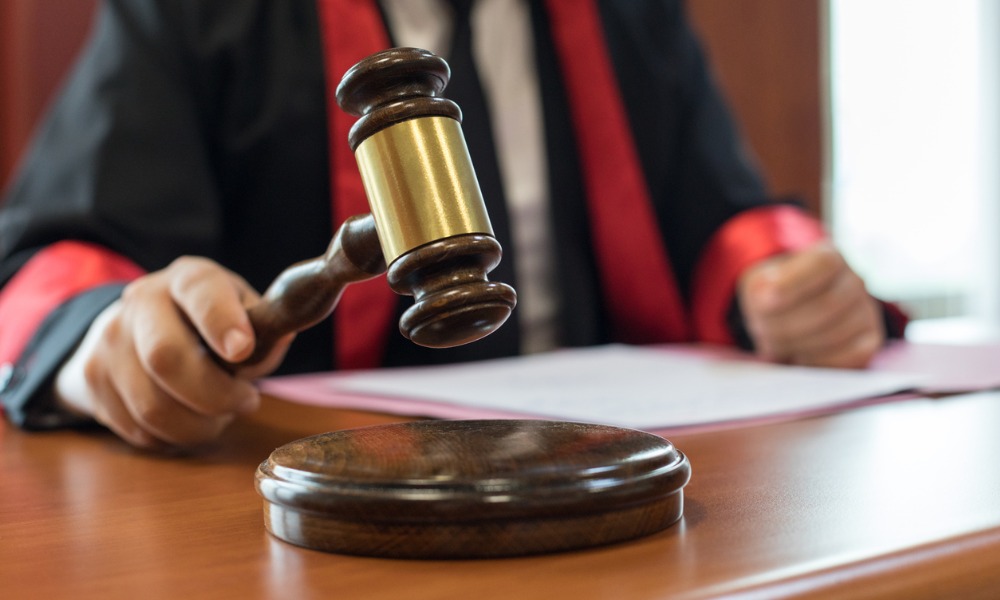
She refused to participate in medical evaluations to determine her mental fitness for the bench

A federal judge has upheld the disability law that suspended a 97-year-old federal appeals judge from hearing new cases while dismissing the remaining claims in her legal challenge.
According to the ABA Journal, US District Judge Christopher R. Cooper of the District of Columbia ruled against Judge Pauline Newman of the US Court of Appeals for the Federal Circuit.
Judge Newman was suspended from hearing new cases in September 2023 after refusing to participate in medical evaluations to determine her mental fitness for the bench. The Federal Circuit’s judicial council, in its decision to suspend Newman, cited an investigation that provided "overwhelming evidence" suggesting she may be experiencing significant mental problems, including memory loss, lack of comprehension, confusion, and an inability to perform basic tasks.
Newman’s federal lawsuit contested the law that established circuit judicial councils, which have the authority to take action on complaints regarding judges’ physical and mental disabilities, as well as the Judicial Conduct and Disability Act, which governs procedures in such cases.
Judge Cooper had previously dismissed most of the counts in Newman’s 11-count suit in February, citing a lack of jurisdiction and failure to state a claim on which relief could be granted. In his latest ruling on the remaining counts, Cooper determined that the disability law does not violate the Fourth Amendment and is not unconstitutionally vague.
Newman had argued that provisions compelling medical and psychiatric evaluations violated the Fourth Amendment’s ban on unreasonable searches and seizures. However, Cooper stated that Newman had not demonstrated that the law is unconstitutional in all applications, which is the standard required in a facial challenge to the constitutionality of a law.
“Though some investigative conduct might trigger Fourth Amendment concerns, and even constitute violations of an individual’s privacy rights, Judge Newman has not shown that every application of the provision offends the Fourth Amendment,” Cooper said.
He also rejected the argument that the law is unconstitutionally vague, noting that it applies only to judges who are aware of their duties. “Indeed, before taking office, all judges must swear an oath to ‘faithfully and impartially discharge and perform all the duties incumbent upon’ them,” Cooper stated. “Because the provision is pegged to ‘knowable criteria,’ it is not impermissibly vague.”
Judge Newman is represented by the New Civil Liberties Alliance, a nonprofit public interest law firm. The firm’s senior litigation counsel, Greg Dolin, provided a statement to the ABA Journal, expressing disappointment but not surprise at the ruling.
“NCLA will certainly appeal both yesterday’s decision and … February’s order,” Dolin said. “We have always intended to pursue this matter, if necessary, all the way up the legal chain. In terms of yesterday’s decision, it is disappointing but not surprising. We were prepared for this outcome, and we will be filing a notice of appeal in short order.”